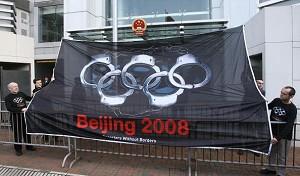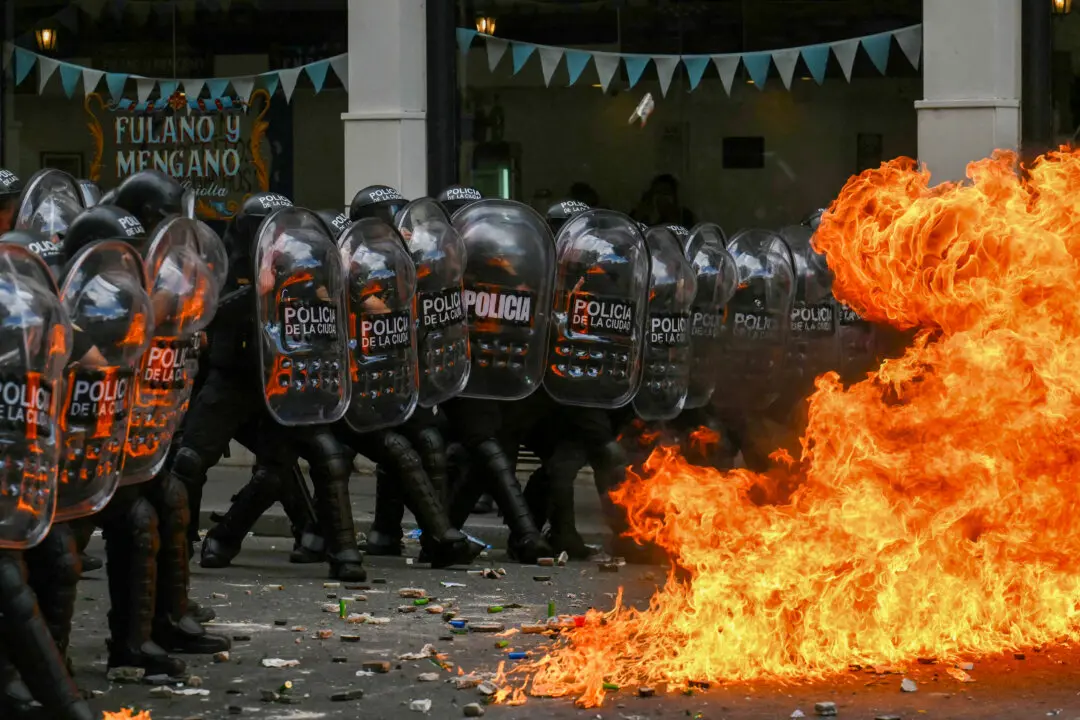Apparently fed up with hearing criticism over its lack of media transparency, Chinese authorities this week banned representatives of press freedom organization Reporters Without Borders from entering the country.
Reporters Without Borders was planning to hold a press conference in Beijing on Dec. 8 to decry Chinese authorities’ failure to improve freedom of the press. They were denied visas to enter the country, and instead held the press event in Hong Kong.





